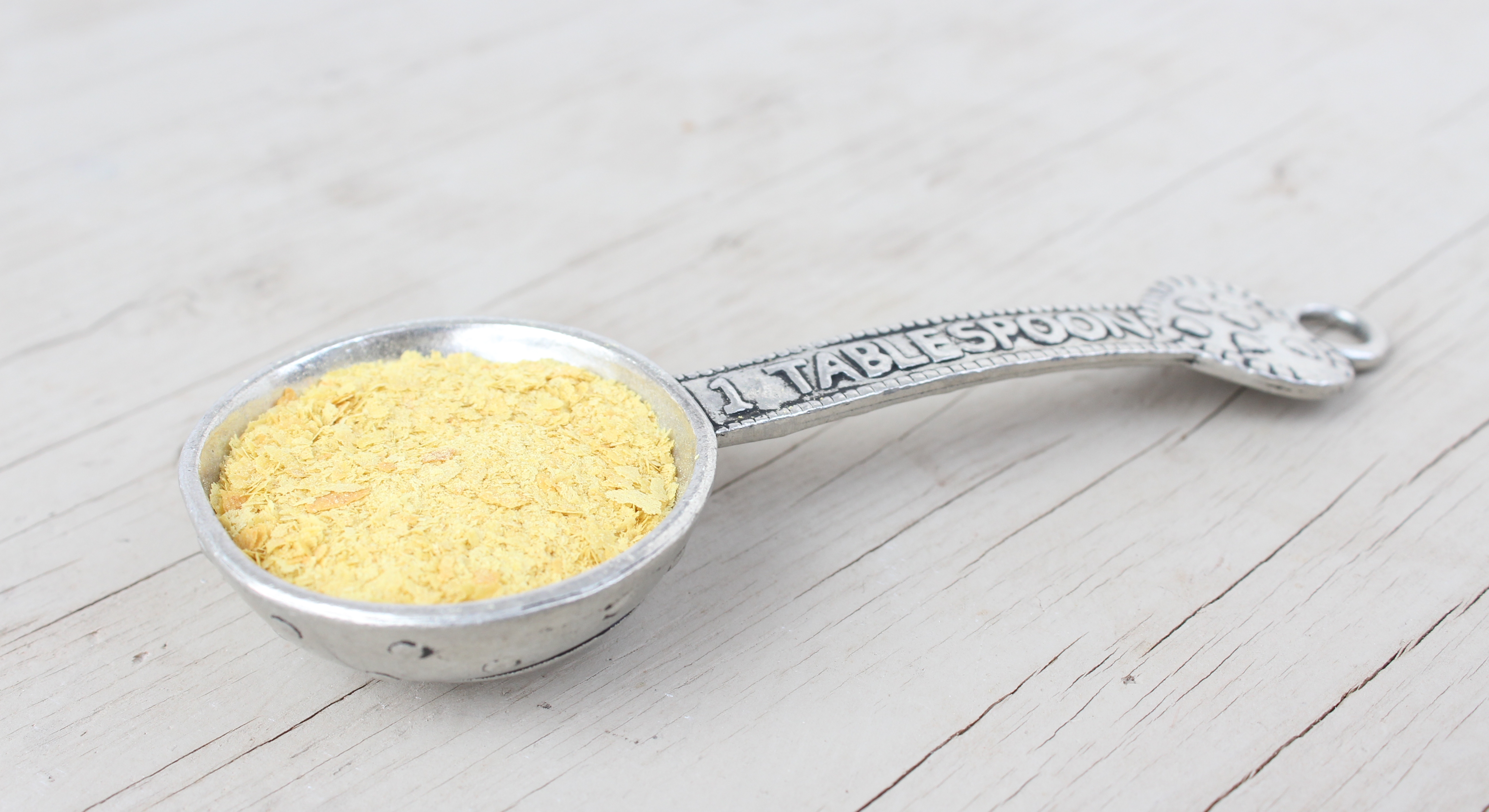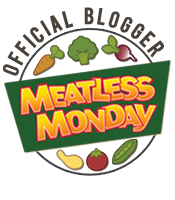Nutritional What? Nutritional Yeast?
That’s right, nutritional yeast. It’s scientific name is actually Saccharomyces cerevisiae (Try pronouncing that!). Yeast has been used in food for thousands of years for making breads and beers. However, nutritional yeast is “deactivated” so it won’t make your food rise or do anything funky! Nutritional yeast is commonly used in recipes to replace cheese or give foods an umami taste due to it’s nutty and cheesy flavor. It can be added to sauces and dips, used as a cheese replacer, or even sprinkled on popcorn, salads, or soups.
Add a boost of nutrition to your meals:
- Rich in B Vitamins: Most nutritional yeast products are loaded with B-vitamins ( B12, B6, Riboflavin, Niacin, Thiamin, Folic Acid), and some also contain Selenium, Zinc, Potassium, and Phosphorus. Nutritional yeast is commonly known among vegetarians and vegans as being a good source of vitamin B12; just be sure to check labels to know if it has been fortified with B12.
- B-vitamins help in the metabolic process of releasing energy from your food so it can be used by the body for moving and grooving! Many of the B vitamins also aid in nervous tissue functioning and normal red blood cell functioning, which helps carry oxygen throughout the body, further preventing fatigue.
- High in Protein and Fiber: Nutritional yeast contains all the essential amino acids. Generally, two tablespoons of nutritional yeast provides between 6-8 grams of protein and 3 grams of fiber! Adding nutritional yeast to your meals can help boost both the fiber and protein of the meal.
- Immune Enhancing Beta- glucans: Not all sugars are bad for you. In fact, polysaccharides are a kind of carbohydrate that is made of multiple sugar molecules bonded together. Unlike simple sugars (like table sugar), polysaccharides are complex and harder to break down— so it doesn’t create dramatic rises in blood sugar levels in your body. Plant foods usually contain multiple kinds of polysaccharides, some that are digestible and used as energy and others that are undigestible and used as a fiber. Beta- glucan is a polysaccharide that is a non-digestible fiber. Research shows that Beta-glucan found in nutritional yeast may help reduce symptoms of the common cold.
Toss some nutritional yeast on your next salad, soup, or pasta dish to start reaping it’s delicious, nutritional benefits!
NOTE: Per Dr. Greger of Nutritionfacts.org, people with gout, uric acid kidney stones, and new organ transplant may want to limit their use of nutritional yeast due to purines.
Ways to use Nutritional Yeast:






